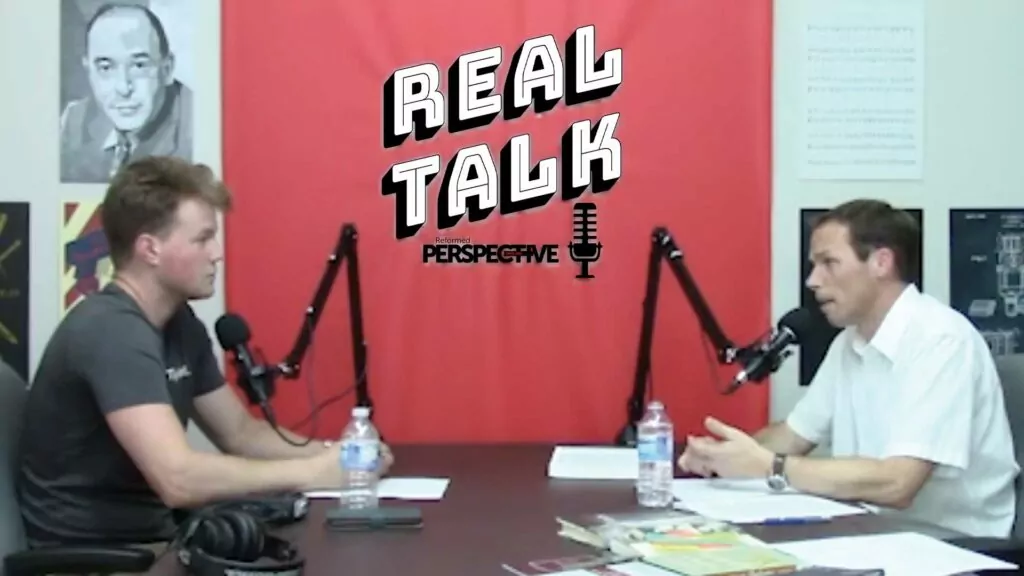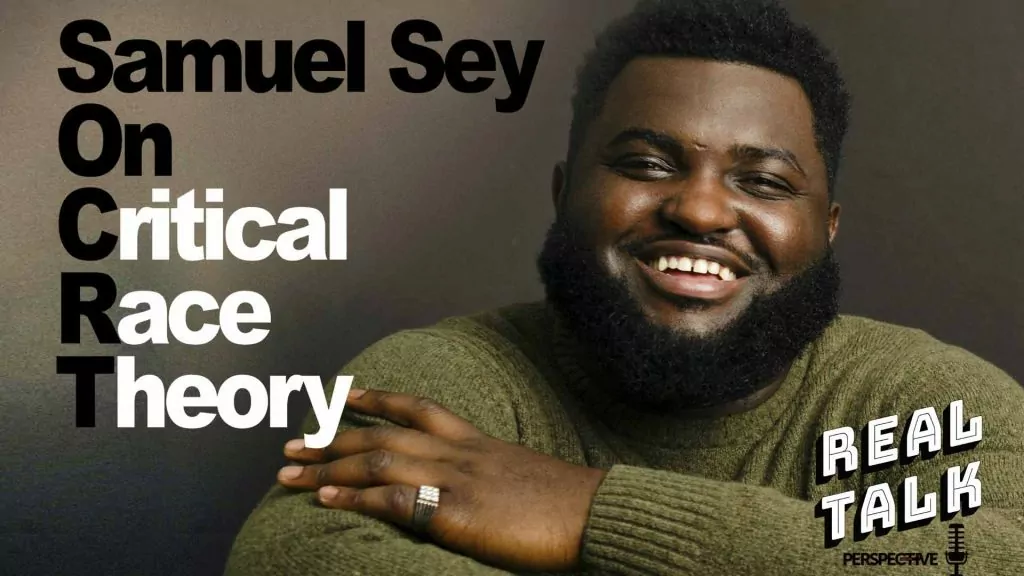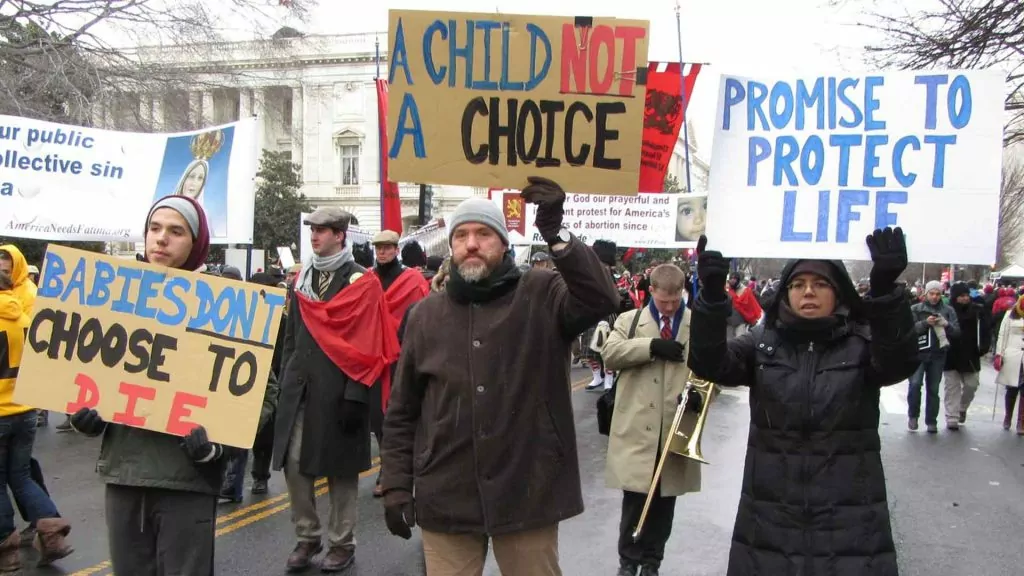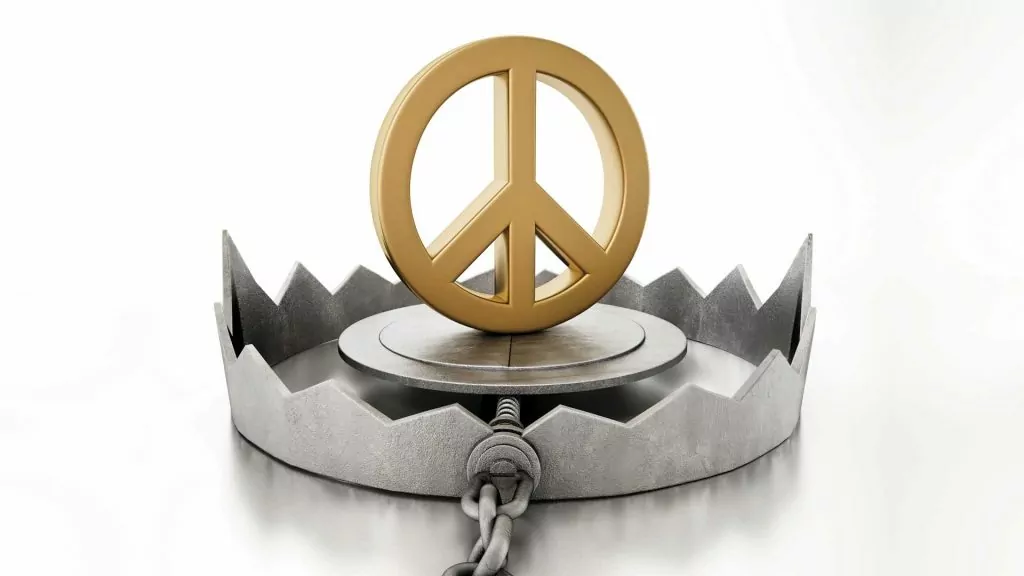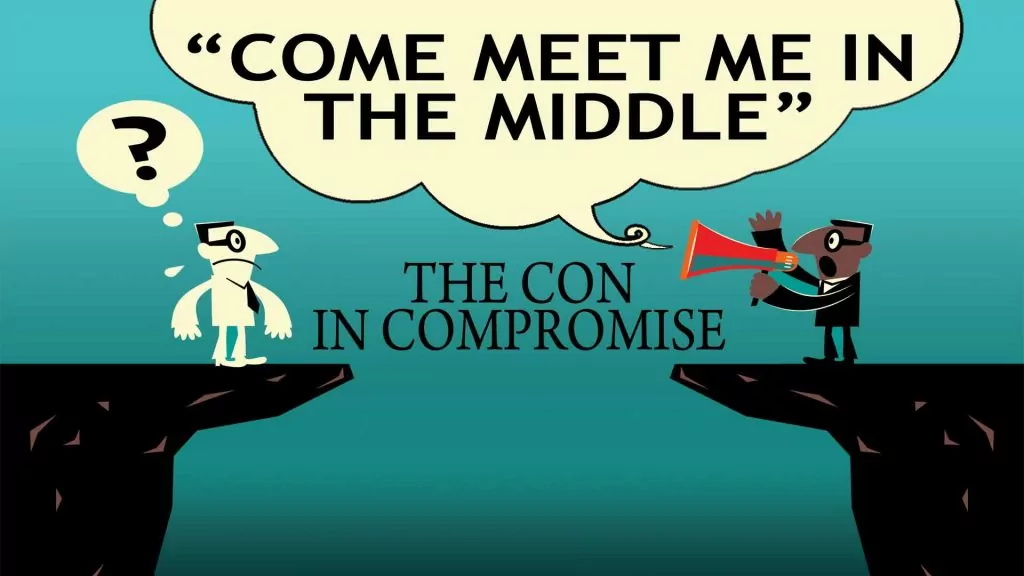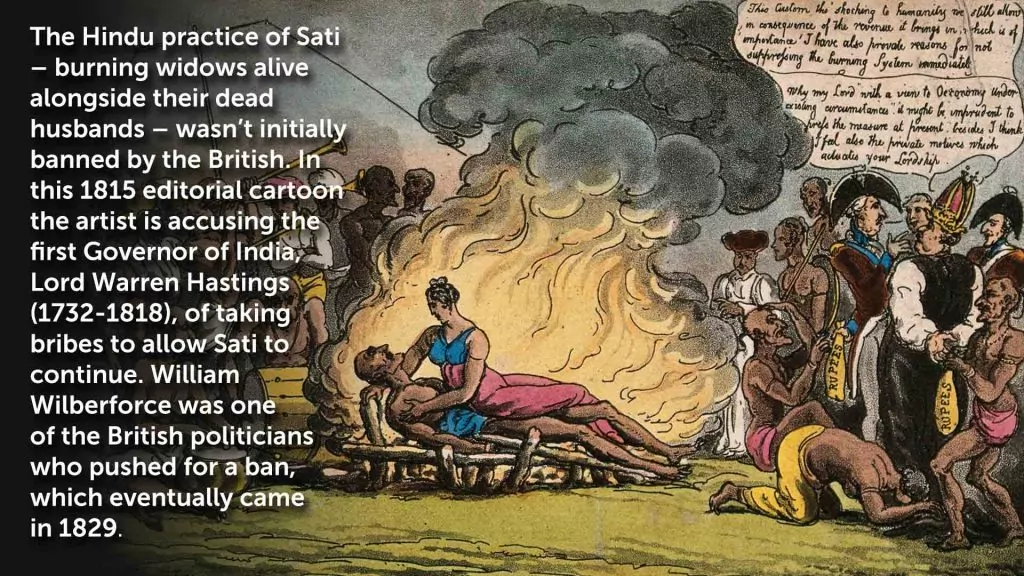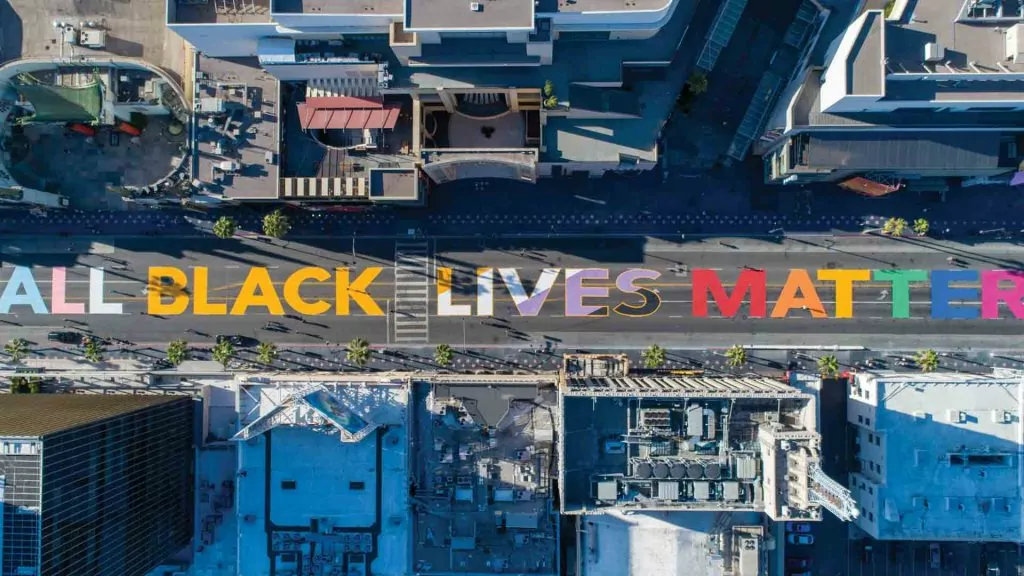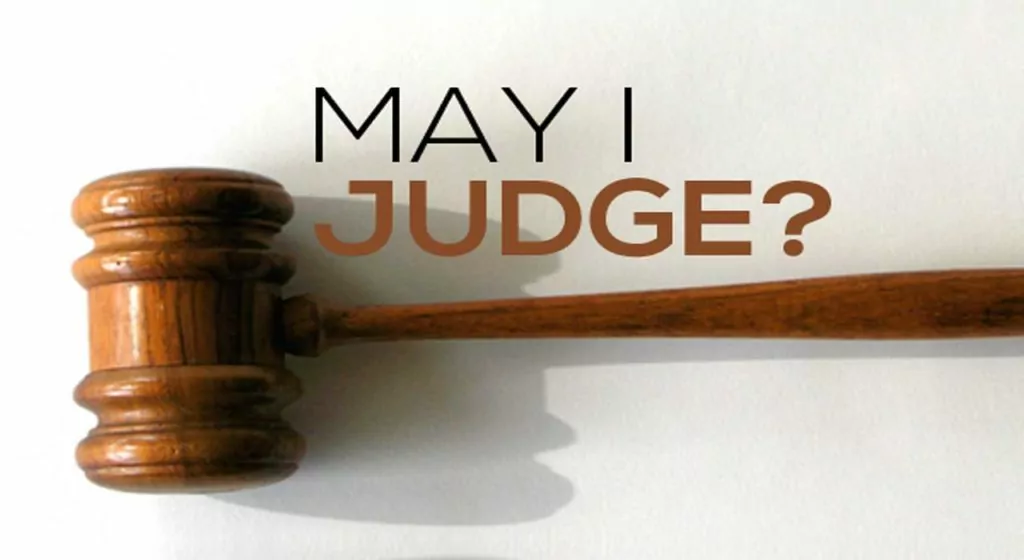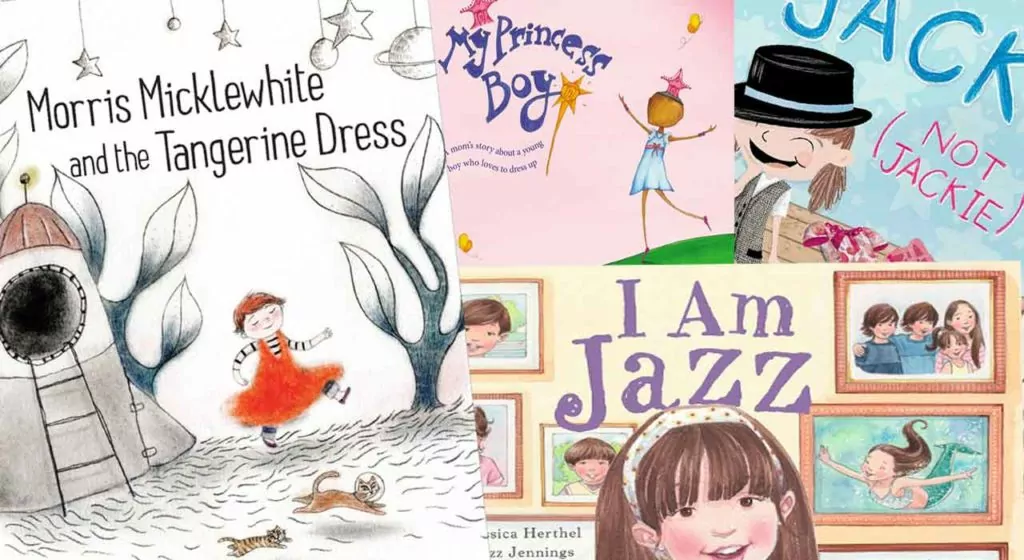World gone woke
This is an overview of “World Gone Woke,” Episode #75 from Lucas Holtvlüwer and Tyler Vanderwoude’s Real Talk podcast. Real Talk is a bi-weekly podcast of Reformed Perspective featuring great conversations on everything from propaganda to pornography. If you haven’t checked it out, you really should. And you really can, at RealTalkPodcast.ca.
*****
What does it mean to be “woke”? What challenges does the “woke” world present to the Church, and especially for the younger members of the body? Real Talk’s Lucas Holtvlüwer recently sat down with Pastor Greg Bylsma to talk about the “world gone woke,” and other challenges for Christians today.
Rev. Bylsma developed a passion for evangelism as a teenager already, studying missions at Redeemer College, before becoming a theological student at Mid-America Reformed Seminary. He has served Living Water URC in Brantford, Ontario for the past thirteen years.
Being woke sounds good
In broad terms, Rev. Bylsma defined woke culture as the idea of becoming awakened to all the prejudices and discriminations that exist in the world, and newly alerted to the effects of these prejudices on the downtrodden. “When you become ‘woke,’ you begin to see all the aggressions and ‘micro aggressions’ (against minority groups, non-traditional sexual identities, or different viewpoints).”
And when you are woke, you will dedicate yourself to fighting this oppression, which exists whether or not others around you are woke enough to see it. The woke movement talks about “systemic racism” – prejudice against other beliefs and races that permeates all of our societal and governmental structures. The more woke one is, the more devoted one becomes to tearing down these structures and rebuilding a new world without prejudice or oppression.
Holtvlüwer noted that on the surface, this can sound good, and Rev. Bylsma agreed: of course we as Christians want to fight oppression and prejudice, and we must be opposed to all racism.
But the devil is in the details: when Satan and the world use what seems to be a righteous cause, to tear down the Judeo-Christian foundations of a society, the result is chaos where “everyone does what is right in his own eyes.”
How should we deal with the woke movement in the Church?
Rev. Bylsma recommended that Christians be very careful to examine what the underlying meanings are of slogans used by the woke movement: “’Love is love’ is not a statement we can stand behind because of what it has come to mean.” It means that all types of sexual love are acceptable and must be allowed, which of course is in contrast with Biblical teaching.
“We can’t fly the gay pride flag, because it symbolizes acceptance of homosexuality as not sinful,” he noted. One of the tools Rev. Bylsma recommended was the “New Reformation Catechism on Human Sexuality” written by Rev. Chris Gordon, which cuts through a lot of the confusion around sexuality and gender, using clear Biblical instruction.
At the same time, we want to recognize that all sinners are called to repentance, and people who are living a homosexual lifestyle are sinners that we should want to see saved to renewal in Christ. “We should be welcoming to LGBTQ people, we should want to preach the Gospel to them… But we can’t pretend that sin is OK,” the pastor explained.
Bylsma continued, “The Bible differentiates between one who is a sinner who is not a believer, and one who is a believer but continues in sin.” He referenced especially 1 Corinthians 5 where Paul differentiates between the sexually immoral, the greedy, and the swindlers who are of the world, from those continuing in sin who claim to be Christians – those who bear the name of brother.
“We are not to associate with those who claim to be Christians who also persist in sin and say that this is OK. We can and should walk away from those who persist in sin and claim to be Christ’s.”
Rev. Bylsma also noted that Paul puts sexual immorality on the same plane as greed and swindling – so it’s not the great sin; it’s just like greed, just like swindling. It is a sin like other sins.
But Christians who insist that being a practicing homosexual is OK, or that changing genders is acceptable, can’t be treated the same as one who is ignorant of the Bible.
“ dealing with someone in your friend group, and they’re claiming to be gay, or a girl claiming to be a boy, and they say they’re a Christian, and there’s nothing wrong with what they’re doing… the Bible tells us in 1 Corinthians 5 that we should have nothing to do with that person. First, we follow the rule of Matthew 18, but if they refuse to accept admonition, refuse to accept that this is sin, then we no longer have a relationship with that person.”
This is different from someone who is questioning their sexuality or questioning their gender.
“If they’re wrestling with these things, and they’re a friend, then we continue to talk with them. them towards good advice (a pastor, a parent, a Christian counselor)... Don’t shun them; keep them in your connections. Be a friend! You don’t have to be a Christian counselor. Especially young people should not think they need to be the counselor themselves…”
Let’s recognize that we all have areas in which we struggle with sin, especially sexual temptation. We should not excuse our own sinful tendencies. We all need Christ; we all need the same Savior.
What’s coming, and how to be prepared
Holtvlüwer wondered what might be coming next in terms of the woke movement, and how we can prepare for it.
“I don’t know what’s coming,” replied Rev. Bylsma.
“But Canada is moving ahead very fast with woke ideology. Faster than Europe for example. Friends from Holland recently said ‘We can’t believe how woke Canada is!’ In the U.S., there is strong pushback against the woke agenda (but that push) is not here in Canada.
“We may go into a greater time of persecution, where we can see the Church sanctified and purified. The Church will be tempted to compromise on what is called ‘non-essentials.’ The Church cannot do so, we must hold to God’s Word. If it means being shut down, going to meet underground, worshipping out in the fields, we must do so. We may see the Church split based on her stand for scriptural truth. Businesses may lose work, jobs, income, because they won’t support LGBQT agendas, won’t put the gay flags out. On the other hand, we could see a counter swing as people see what is coming and how far it’s gone (for example drag queens reading to children).”
God may give persecution, or a temporary stay – but either way, the Church’s response must be uncompromised allegiance to the gospel, and diligence and vigilance in making Christ known, and calling the nations to follow Him.
Real-life relationships
Rev. Bylsma is worried that so many people, in particular the young, are heavily influenced by social media and “electronic friends” as opposed to real, in-the-flesh friendships.
“The gospel deals with real people, real neighbors; gospel ministry is real people, getting to know your neighbors, speaking to people, hearing where they’re at. This whole Internet world destroys those connections. We need to teach our kids to have real relationships with real people. Away from artificial intelligence, away from virtual relationships, or following remote YouTube teachers.”
Holtvlüwer pointed out that many young people who are struggling with sexual identity are also spending time alone, researching things online, spending a lot of time under the influence of non-Christians. Positive, real-life friendships with fellow believers can go a long way in keeping one grounded in the foundations we have been taught at church, school and home.
Some conclusions
Holtvlüwer and Bylsma touched on other topics as well, including whether or not the Church should withdraw from the world in response to the anti-Christian culture around us. And they also addressed finding joy in suffering for the Name.
Ultimately, Rev. Bylsma finds the answers to the woke movement, and to an increasingly hostile world, to be the same as they always have been for Christians:
“The answers may be more basic, and more difficult, than we might assume. How do we prepare for what’s coming? Love the Lord, love His Word, love His Church, love the lost. No matter what guise the devil takes, the answers are always Christ.
“….How do we get through this? Reflect on 2 Timothy 3: ‘All of scripture is inspired by God, and is profitable, is edifying, to thoroughly equip the man of God for every good work’ – including today! Love the Word of God, study it honestly, take time to be with the Lord, take time to be in prayer, bring your kids to God in prayer, bring your lost neighbors to God in prayer, strive to be faithful in allowing the Spirit to talk to your heart and convict you of where you’re falling into sin. Pray the prayer of David (from Psalm 139): ‘Search me, oh God, and know my heart, try me and know my anxious thoughts, see if there is any wicked way in me, and lead me in the way everlasting.’”
Byslsma concluded:
“Christ is always the Victor, He is always the King, He will never lose a sheep from His hand. Draw near to Him, love Him, love His Word. You don’t have to listen to a thousand podcasts, you don’t have to read a thousand books. Dig into the Scriptures, tackle this honestly, ask questions… Iron will sharpen iron, and the Lord will bless.
“ is a scary monster, but Christ has got His foot over (the devil’s) neck, and He’s about to stamp. Remember Romans 16: the Lord will soon crush the devil under your feet. Be humble, prayerful, and courageous, and bold as a lion, because the devil flees when we resist him… Stick to the basics and press on!”
...












